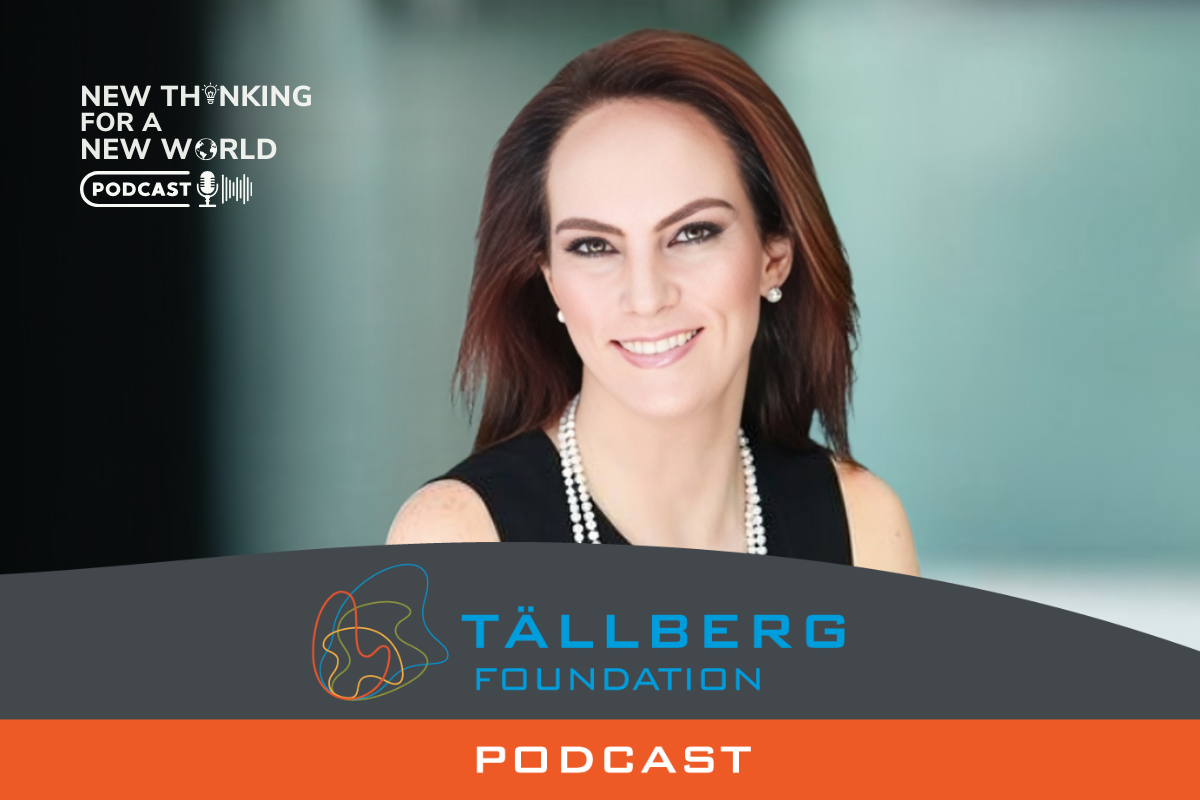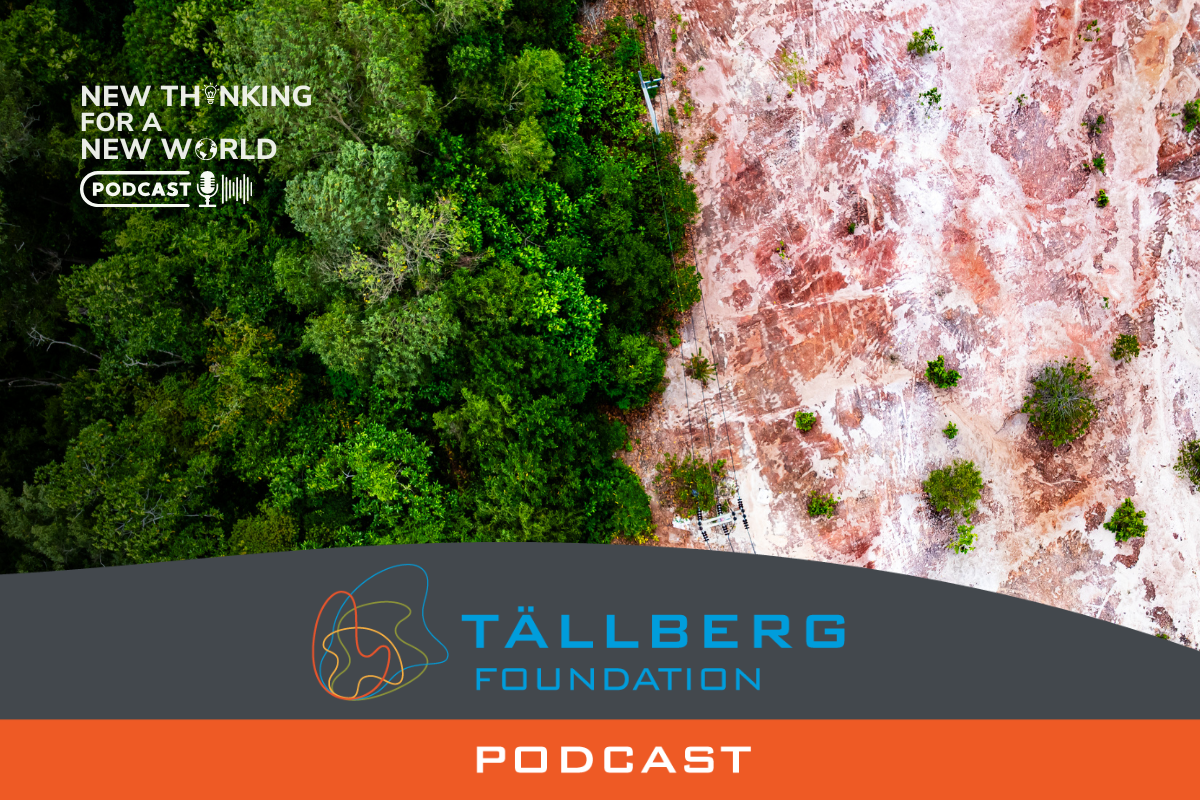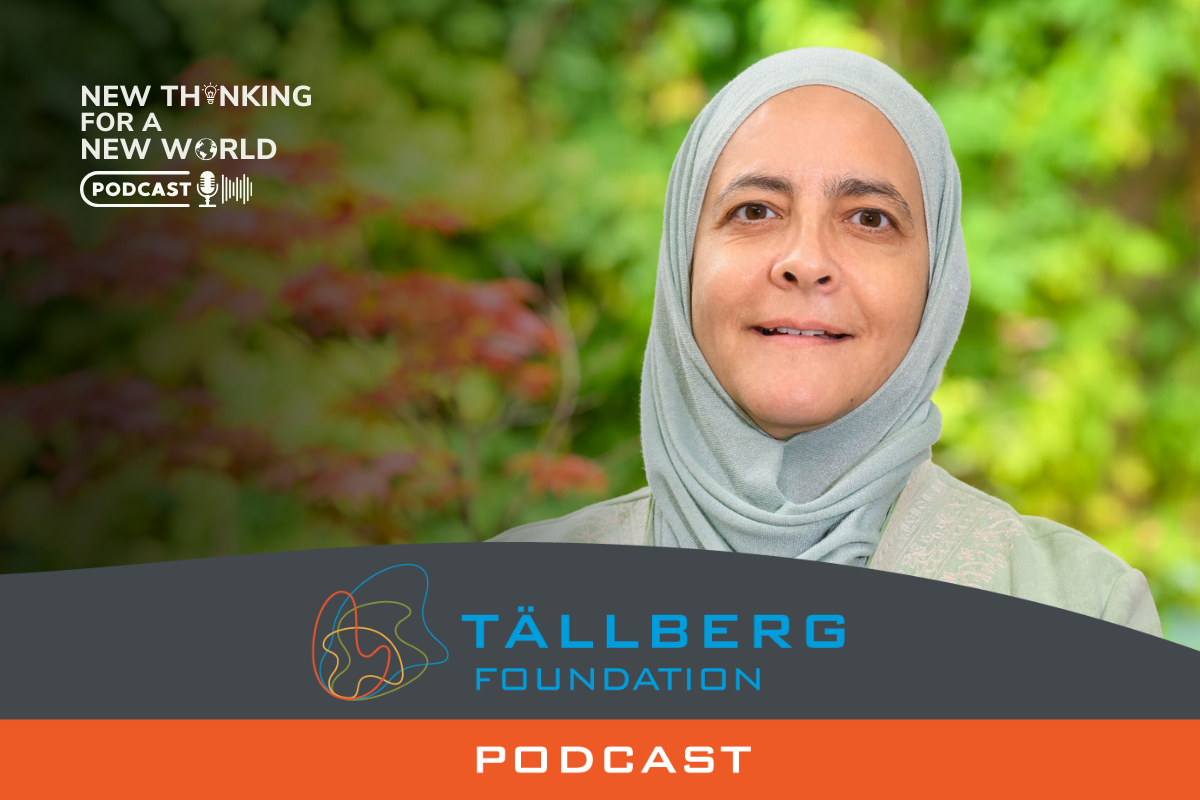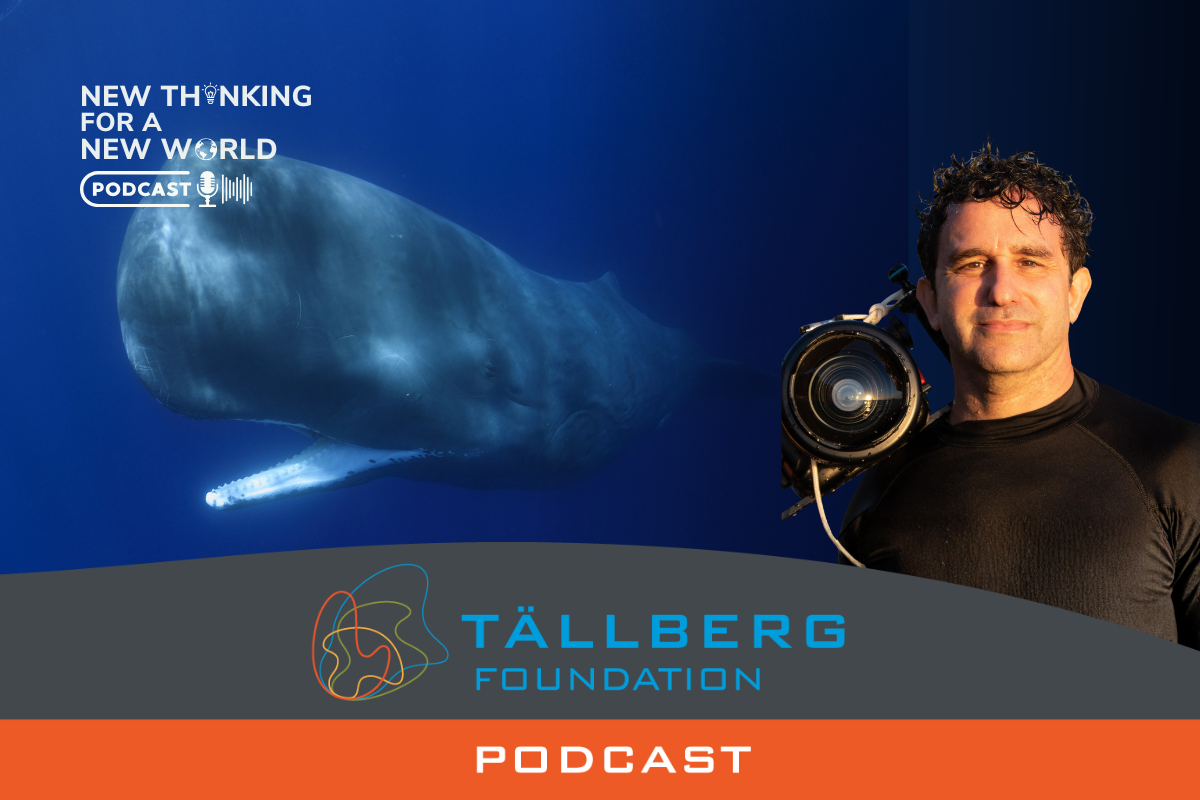Two hundred and fifty years ago the Scottish poet Robert Burns wrote, “Man’s inhumanity to man makes countless thousands mourn.” He obviously wasn’t talking about the tragedy of modern mass migration, but he could have been. Today thousands, indeed, millions of people are being driven from their homes by war, natural disasters, climate change, pestilence, poverty, or sometimes just a search for better opportunities. What could be more human? And what could be more inhuman than overcrowded camps, drownings, forced returns, desert dumps and other indignities that too often meet them?
It seems that much more effort goes into trying to stop or reverse the migrations than in either creating legal pathways to safe movement or addressing the root causes that compel people to flee in the first place. In light of the politics around migration in Europe and the United States, but also in important destination countries in the Global South, it is easy to imagine that the challenges facing would-be migrants will inevitably worsen. The resulting tragedies are becoming so commonplace that they seem to go mostly unnoticed.
Mostly is the keyword. There are legions of people who not only notice but are also looking for solutions. Today’s guest on New Thinking for a New World, Sasha Chanoff, founded RefugePoint, an organization dedicated to creating solutions for refugees in extreme danger. Listen as he explains some of his ideas that could change the future for migrants everywhere.
Let us know what you think in the comment below
***
Find the New Thinking for a New World podcast on a platform of your choice (Apple podcast, Spotify, Google podcast, Youtube, etc.)
ABOUT OUR GUEST
Sasha Chanoff is the founder & CEO of RefugePoint, a humanitarian organization that partners with refugees to access life-changing solutions and transforms how the world supports them. He is the co-author of From Crisis to Calling: Finding Your Moral Center in the Toughest Decisions, a leadership book about moral decision points that shape our lives. He is a recipient of the Schwab Foundation Social Entrepreneur of the Year Award, the Harvard Center for Public Leadership Gleitsman International Activist Award, the Charles Bronfman Prize, and is a Goodwill Ambassador for the Aurora Prize for Awakening Humanity. He has received social entrepreneur fellowships from the Draper Richards Kaplan Foundation, Ashoka, & Echoing Green. He is a board member of Network of Engaged International Donors (NEID) Global. He has a M.A. in Humanitarian Assistance from the Tufts Fletcher School of Law and Diplomacy and the Friedman School of Nutrition, Science and Policy, and a BA from Wesleyan University.




Robert Burns’ words capture a timeless truth about the suffering inflicted by human actions or indifference. His observation on “man’s inhumanity to man” resonates today as we witness mass migration driven by forces like war, climate change, and economic desperation. It’s disheartening to see that the natural human impulse to seek safety and opportunity is met with systemic barriers that turn the search for a better life into a perilous journey. This reveals a disconnect between our shared humanity and the policies that fail to acknowledge the rights and dignity of those forced to flee.
For me, the root of the problem is a fundamental lack of love. Love, as the highest virtue, demands that we recognize our interconnectedness and respond with compassion. When societies view migrants as burdens or threats rather than as fellow human beings seeking refuge, it reflects a deficit in love and empathy. The current approach prioritizes fortifying borders and punitive measures over creating legal pathways to safe migration or addressing the underlying issues driving people to leave their homes. This approach perpetuates the suffering rather than alleviating it.
Migration itself is an expression of hope and resilience, a testament to the human spirit’s capacity for survival and growth. However, the systems in place often strip migrants of their dignity, treating them as problems to be managed rather than people to be helped. To truly address this crisis, we must shift our focus from reacting to migration to understanding and solving the conditions that cause it. It requires a global commitment to policies that center on love, unity, and inclusivity, recognizing that every individual has an inherent right to a life free from fear and hardship.
Organizations like Refuge-Point are crucial because they embody this commitment to love by seeking real solutions for those in extreme danger. But for their efforts to have a lasting impact, society as a whole must embrace a new paradigm—one that values human life above borders, politics, or economic interests. In doing so, we affirm our shared humanity and create a world where migration is not a tragedy but a natural and supported path to growth and opportunity.